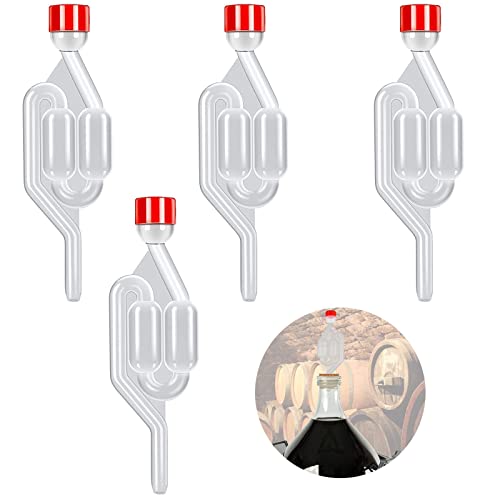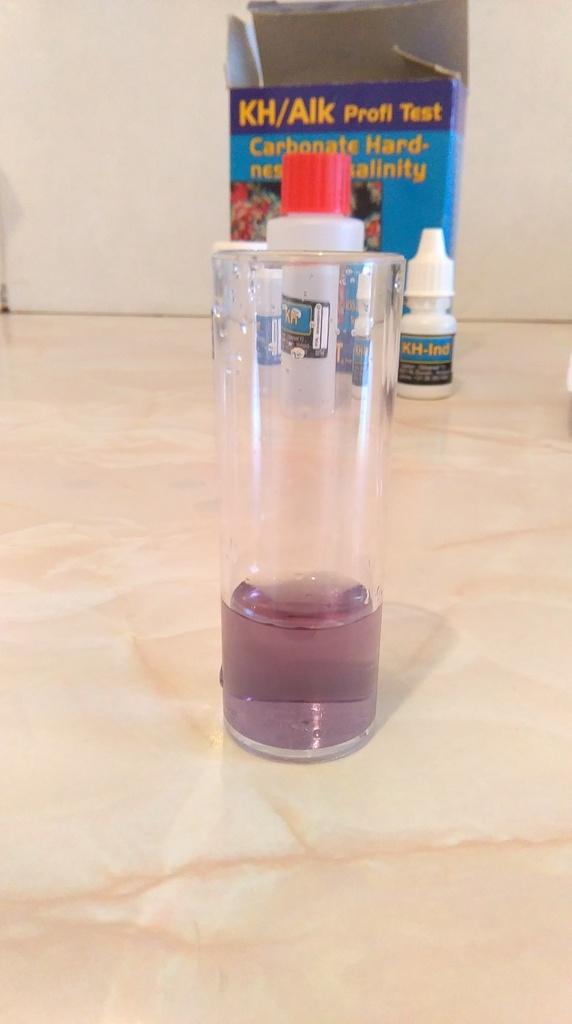My Salifert kits turned up today and my results are not as expected!
Yorkshire water sent me a report stating that the CACO3 content was 262ppm. I multiplied this by 1.22 to get 320ppm HCO3.
Using my Salifert kit, the solution first noticeably turned pink at 0.56 on the syringe and then darkened up to 0.53 before it stopped changing colour.
0.56 is 6.7dKH which is 120ppm CACO3 which is 146.3ppm HCO3
0.53 is 7.0dKH which is 125ppm CACO3 which is 153ppm CACO3
My Calcium test kit indicated 100ppm Ca which is bang on the Yorkshire Water report.
Which value should I be using and have I ballsed this up?!!

Edit:
I performed the alkalinity test again and got exactly the same result.
I understood that you could estimate CACO3 using the formula (2.5xCa)+(4.1xMg).
Even if my Mg value was 0, the above formula wouldn't hold true for 100ppm of Ca. aunsure....
Edit Edit

:
More reading and I think I'm getting a handle on this. The equation above is an estimation of Total Hardness.
The Salifert kit does not measure Total Hardness, it measures Alkalinity.
For most domestic water supplies, Total Hardness minus Alkalinity is a good estimation of Permanent Hardness.
So, Yorkshire Water are reporting my Total Hardness as 265ppm CACO3.
I have measured my Alkalinity as 125ppm CACO3.
Permanent hardness of my water is around 140ppm CACO3.
The value I should use for my brewing is 125ppm CACO3 multiplied by 1.22 = 153ppm HCO3.
This is much more manageable than I first thought and shouldn't require so much dilution with bottled water. Looks like I could get away by acidifying with Phosphoric acid.




























![BREWING THERMOMETER STICKERS ACCURATELY MONITOR FERMENTING BEER & WINE LIQUID TEMPERATURES 5PCS HOME BREW SPIRITS WINE LCD ADHESIVE [US]](https://m.media-amazon.com/images/I/311DDjo2X3L._SL500_.jpg)














